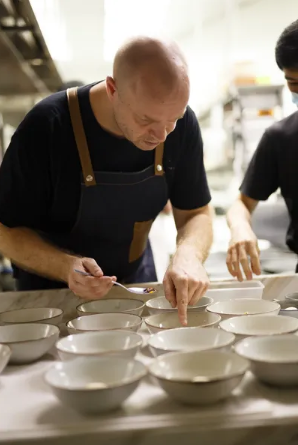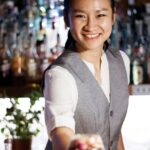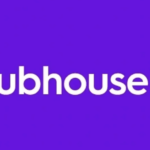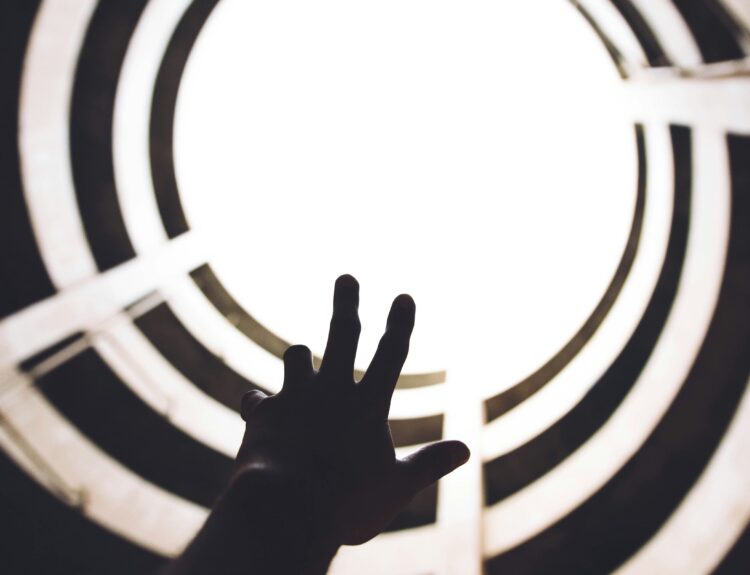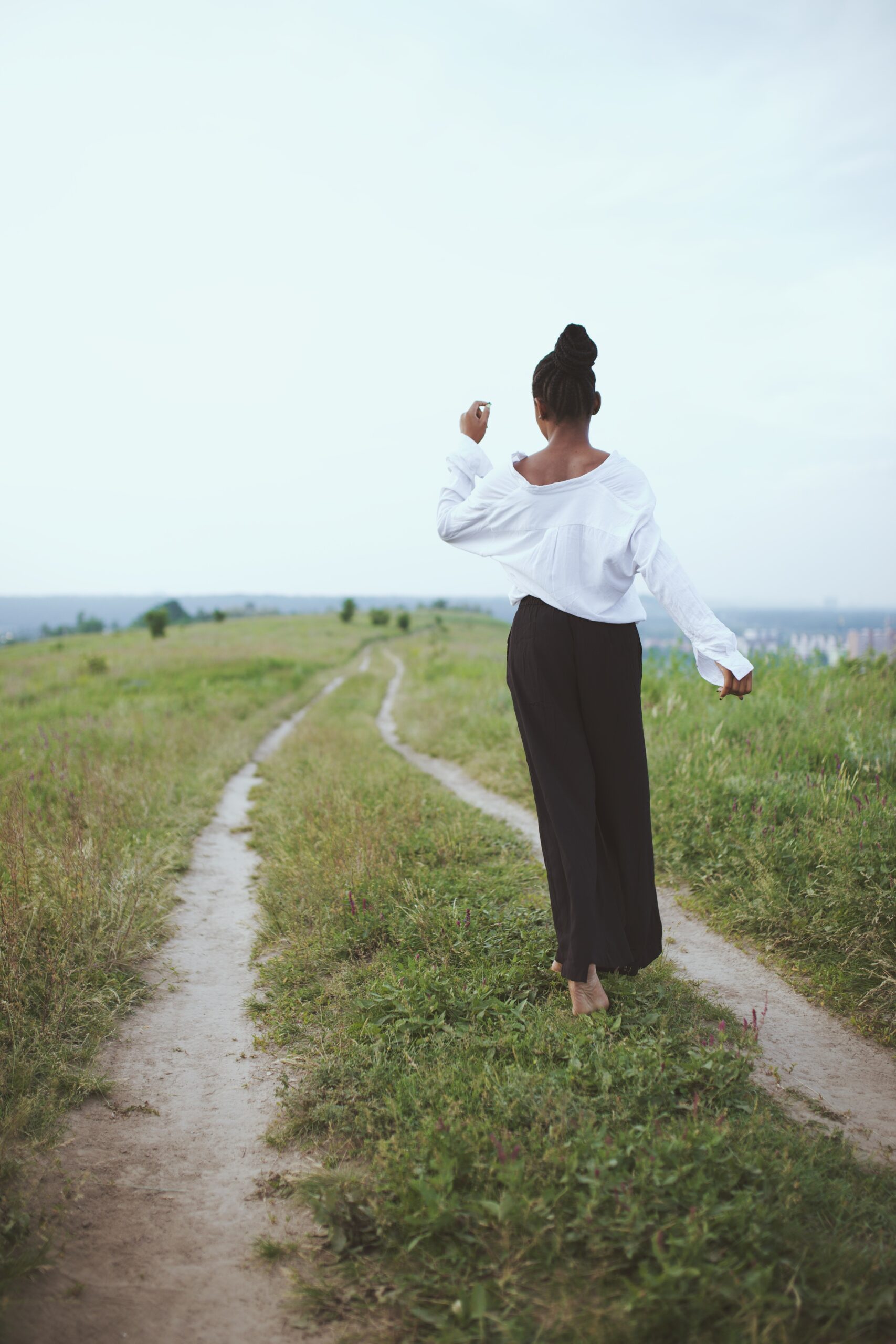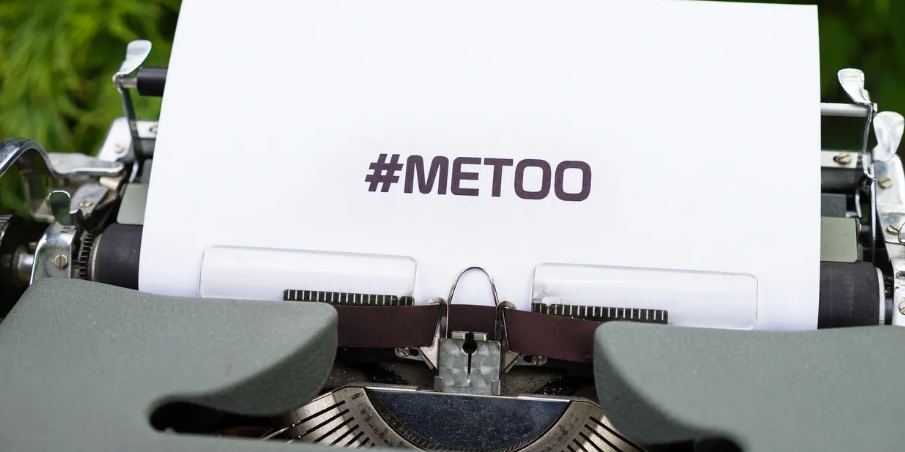Words & Photograph By Chef Nicolaj Lenz
Restaurants post-covid will not be saved by the good old days!
Pre-covid, a chef saw empty rooms and buildings as something that could be filled with dreams, romantically speaking, of course.
In the world we thought we knew, chef-entrepreneurs would sense what an empty building or space could become – like sensed echo of potential; whispering of noises and sounds. The faint staccato of kitchen sounds, guests wielding cutleries, friends calling-out friends, along with laughter and music. Definitely, architects sensed this, too. In fact, they are smarter than chefs. Architects are like butterflies, they move on quickly, leaving chefs to be the custodians to grow and nurture this envisioned potential.
To honour this potential, chefs must try to control those which are naturally uncontrollable; humans, perishable, the irrational and subjective opinions of others. To attempt to do this, a chef needs to foresee, expect and prepare for tomorrow, for the next week and even next month.
Try to be in control during a pandemic? The normal state of thinking that we are somehow in control is proven daily to be an illusion. Everyday we know more about this virus, from the sources that we use, to provide us with levelheaded factual news. Imagine a balloon.
Individually and collectively, our knowledge grows just like this imaginary balloon that’s inflated with increasing data and information. But, as with any other balloons, the more it grows the surface expands and stretches. This surface is the border to all the unknown of the virus. So, while our sphere of knowledge increases, the surface or border to the unknown, expands at a similar pace and speed. It makes us feel that we know more and more, but we still face continuous unknowns.
A little bit of psychology will tell us, that we, chefs, based our thinking and assessments on the events and happenings of what we had seen or experienced before. It is not a surprise that most of our decisions are influenced by our personal thoughts. What we believe to be a likely event is based on our most recent memories and biases.
Our opinions are heavily influenced by this raw impression and memories. People who have seen a traffic accident recently, will say that the probability of traffic accidents is higher than someone who have not witnessed one recently. A recent memory and a recent topic, increases recall. In other words, it inflates how believe that it can continue to happen – any crafty politician knows this!
Most of what we recall these days, is about the pandemic and its challenges. So for many chefs it seems like never ending despair leading to a pivot – home-delivery and source low rental cloud-kitchens as means to survive.In restaurants and hotels the costs that lockdowns have caused are beyond brutal.
We know that a lockdown is a protective measure; what is good for all of us is good for me and what is good for me is good for you and so on.
Pre-covid, normal life imposed risks of harm on other people all the time, even for trivial reasons. A chef’s joke, “Life is dangerous and we eventually die from it.” Daily activities like driving, e-scootering, ball games in the park – they all impose risks on other people; risks in varying degrees from potentially lethal to mere scrapes or minor nuisance. If we weren’t permitted to impose at least some such risks, by way of who we are, our capacity to create our own lives would be unacceptably lost.
Now, we are all experienced – with the expectation, that we must stop our personal projects and livelihoods to avoid imposing significant risks to others. This crisis calls for us to be willing to do more than we would normally do to save lives. Imagine that a stranger is caught in a river and will drown unless you help. You can save the person, but only by suffering the loss of your own arm in the process, or perhaps even your life.
Most people do not think that we are required to suffer an “unreasonable-overpriced” loss. We are in fact, socially permitted to let such a high cost to ourselves, of jumping into that wild river attempting to save this strangers life.
Now it is our shared action of inaction to put ‘ourselves on pause’ that help to save lives. That has come with high level of loss to some. Countless hotels and restaurants have already been swept away or gone under. For the ones who can still stay afloat, it seems prudent to ask ourselves, “What is a good restaurant anyway? And which deeper contribution can we offer to society as a whole once our restaurants open-up again?”
Restaurants and nightlife have always played an essential role in the social, intellectual, entrepreneural and artistic life of a thriving society. Good neighbor-hoods are determined by many factors, amongst those, is the food environment. Does the neighbor-hood have a lot of eating options and which ones are there? Accessibility and convenience of food choices are important.
A city delivers value to inhabitants by facilitating human interaction. To add to this equation, the world populations are increasingly moving on to become city dwellers. Living affordably in big cities means living with tiny kitchenettes and without dining or living room space – restaurants are like the shared kitchens and dining rooms of these densely populated cities. Life’s major events, personal and professional, are celebrated in restaurants. Strangers have been known to become friends around restaurant tables. We are by nature seeking connection, edification and validation when we go out to eat. Restaurants are also safe and controlled environment with higher levels of comfort, atmosphere and hygiene than most homes that the cities offer. They are vital part of who we feel we are and they become a part of our personal narrative that we tell the world about.
Lockdowns happened and restaurants scrambled to do deliveries, anything to keep afloat, financially. Some observers labeled this as Darwinian event, survival of the fittest and so on – to some extent it is a fair observation. However, most restaurants who survive this, probably will return to their main focus and previous value and quality proposition from before, with various adjustments to their previous operations.
There has been a cornucopia of industry-covid research showing that consumers will be –
“Predisposed to impulse purchasing while still exhibiting a strong adherence to familiar and trusted brands. And experiences and products creating feelings of reliability, health, safety and security by way of symbolism or benefits will gain in desirability…”
Sure!
I have aligned myself with the part of the research concluding, food now more than ever must be connected with health, sustainability, artisanship and honest passion. Those restaurants with a brand promise of mastery, authenticity and care behind their food and service will stand to recover well.
In the end hospitality is about human connection. When we meet in person, we start to mirror each other, body language and even our pupils will align. Go on a date and see for yourself.
As our facial expressions begin to mirror each other, we are subconsciously synchronizing. People, who synchronize like this will like each other more, even collaborate more. In hospitality we rave about the importance of eye contact and a genuine smile before a verbal hello. “You do not say hello with your back half turned!”
Babies quickly learn that broken eye contact means that interest has gone. Eye contact is the very key to our feelings of social happiness. Please do not tell a chef that the future hinges on a robot barista, or at least not until it can look us in the eyes and activate our mirror-neurons!
The pandemic made many businesses go online. It is clear that hospitality cannot do its magic from screen, restaurant cooks can’t work from home. The closest thing that restaurants have to a zoom-meeting, is probably a drive through ordering screen. A screen will allow us to be there but not be present. We become spectators but not participants. Just try to watch sports on TV, and you will see.
And then comes, “Nothing will ever be the same again!!!” Academics, intellectuals, politicians and entrepreneurs have made lots of sweeping pronouncements about the transformations that this pandemic will bring.
“Our social lives will never go back to normal – the end of hugs and handshakes. Less casual sex, no wait, increased condom sales…”
Sensationalist predictions are likely to be highly inaccurate, but made very good clickbaits.
A clickbait perspective is called, Chronocentrism. Chronocentrism is the belief that one’s own times is paramount, that other previous periods are pale in comparison. A bit similar to a five-year old child who stumped his toes on a big rock and promptly experience pain like none other in the whole wide world! All of our individual selfish brains look at the timeline of human history in reference to, well, itself. We seethe past through the lens of what can meet our needs today. While the future is understood through the lens of what stimulates rewarding neurochemicals in our brains this very day. We are alive today, therefore we perceive ourselves to be at the actual, real, true turning point in history. Looking back at the devastation of World War I, the 1918 flu pandemic, the Wall street collapse, World War 2, terror and it’s war on terror, plus more economic collapses; these events have still not stopped the determination to socialize. But the Covid19 pandemic has hopefully taught us a lesson about responsibility, and it will undoubtedly cause some important shifts.
All these clickbait hungry chronocentric voices have claimed that we are on the cusp of unprecedented change.
We should hope that they are right. Before Covid, taking responsibility was not the same as taking a responsibility for people, or for society as whole. My personal moral responsibility was about what I was trying to do in my sphere, while your moral concerns were over there with you. We were separate beings, not really connected but sort of, loosely morally aligned. However, pre-covid we were all equally careless about our ever-present dependency on depleted environmental resources and a climate catastrophe that will surely dwarf this pandemic.
We have now lost our careless freedom, and our ignorance about our connectedness to each other. What we have experienced collectively and individually, for more than a year, must be the reason that we shift the goalposts of what we can do for this shared world. Covid19 was the disruption, but also the catalyst that must lead us to a changed and wiser society. This pandemic must highlight the mastery we possess as a world tribe, to fix each and every little thing we know that our world needs. We just shut the whole world down, so how hard can it be to change many small things one at a time?
Nothing MUST ever be the same again!
We chefs must trust and count on our global food community and therefore take an even greater responsibility towards it.
Come eat, and we can talk about it – food is on me!
I’m kidding!!! Of course, we use plates here at Canvass KL

